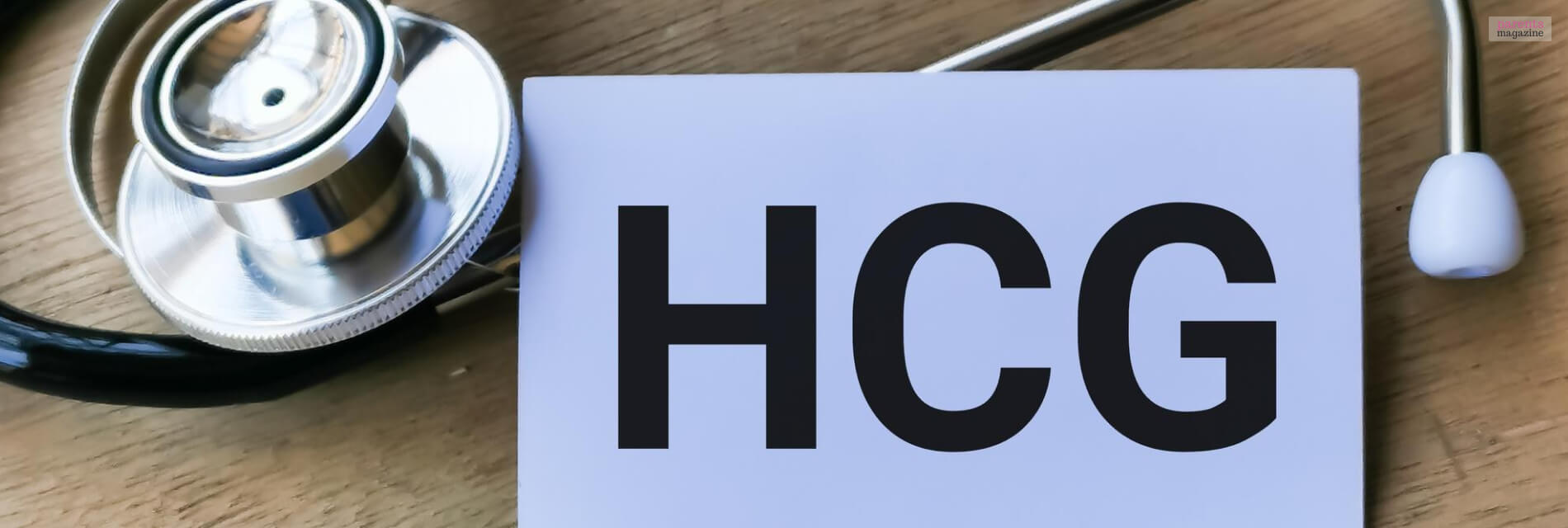
How Long After Implantation Does hCG Rise?
How quickly does hCG rise? hCG plays a crucial role in pregnancy. The rise of its level in your body after conception clearly indicates pregnancy.
The hormone human chorionic gonadotropin is secreted by the cells at a stage when the placenta begins to develop. It indicates pregnancy and has a crucial role to play in providing support in the early trimester.
Today we are going to talk about the significance of hCG after implantation and how long after implantation does hcg rise.
What Is Implantation?
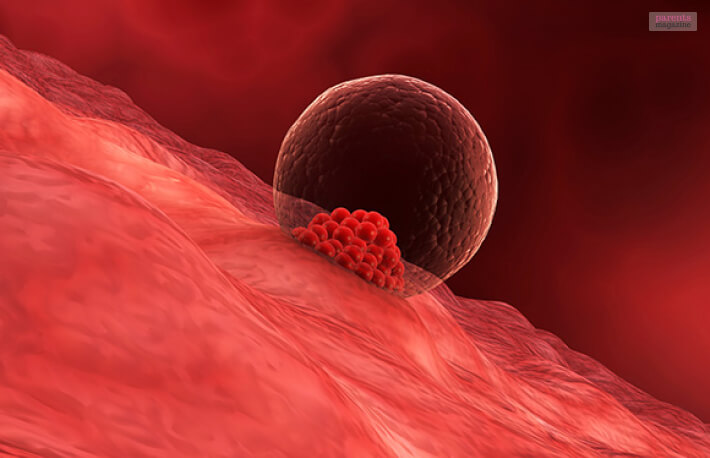
Implantation is the early stage of pregnancy when the cells get attached to the uterine wall. There are certain physical signs of implantation, such as experiencing cramps, breast tenderness, and bleeding. Resulting from the biological processes taking place in the uterus, such as the fertilized egg attaching itself to its wall, the placenta forming, and then the initiation of hCG production lets you in on some tell-tale signs of pregnancy.
What Does hCG Do?
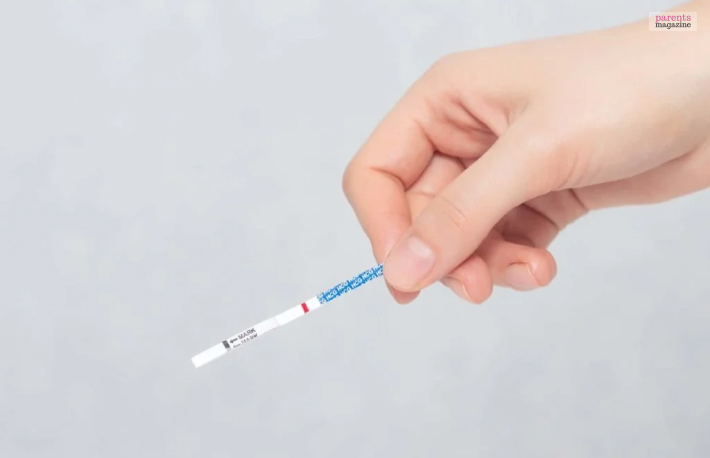
The hCG is also referred to as the pregnancy hormone because of its crucial role in pregnancy. This hormone increases the chances of a woman being pregnant. When forming, hCG is secreted by trophoblast cells in the placenta. On getting released into the bloodstream, it helps implement maternal changes in the body.
The hCG hormone is, however, only known to be produced once after successful implantation. It boosts embryo development and the potential of the pregnancy. In fact, the presence of hCG is the only way to diagnose pregnancy in the first few days of its possibility.
Role Of hCG In The Development Of The Embryo
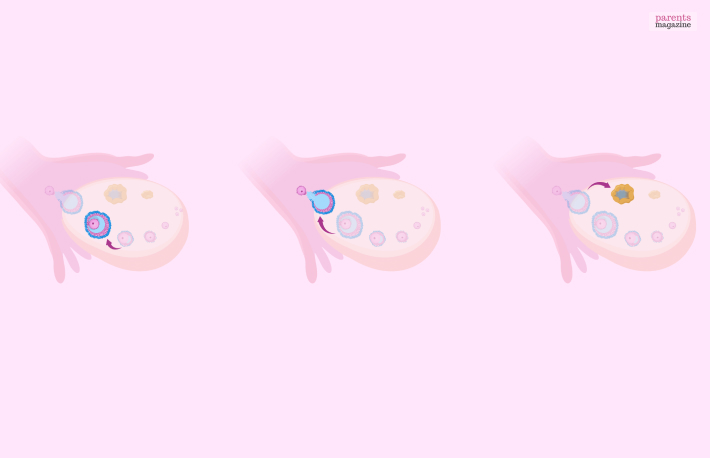
hCG is the essential hormone necessary to maintain the corpus luteum, which is inside the ovary, particularly in the first trimester. The corpus luteum releases a hormone called progesterone which helps sustain the uterine wall and hold the embryo. The hCG stimulates the corpus luteum to release progesterone, which not only takes care of the embryo growing inside the uterus but also promotes overall uterine health.
How Long After Implantation Does hCG Rise?

In the beginning, hCG is produced by the trophoblast cells in the placenta, which makes the hormone rarely detectable. With time, the amount of hCG in the body increases. The first three days see a slight increase compared to day 6 and later when the rate of increase is rapid. From day 9-12, the hCG levels start to peak. It also starts to decline from day 13 to day 16. The general calculations differ from person to person. Like all other hormones, there will be certain symptoms of hcg levels rising.
Benefits Of Monitoring hCG Levels?
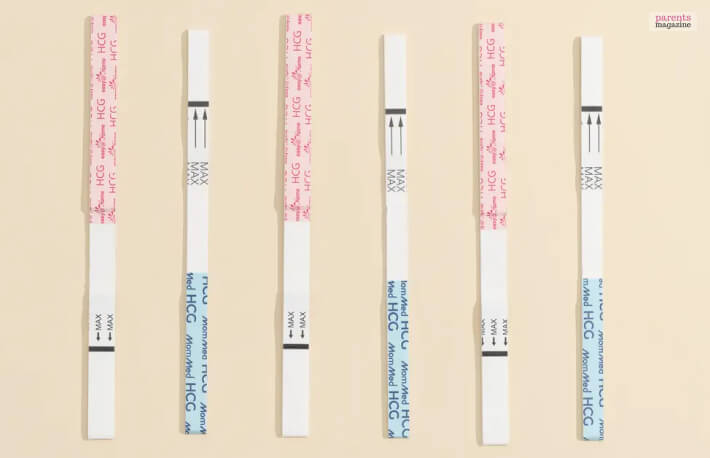
Pregnancy is detected by checking the levels of hCG in the blood. It is also helpful in the assessment of fetal development and viability of the pregnancy. hCG levels can also detect a miscarriage because the human body stops producing hCG following an ectopic pregnancy.
Monitoring the hCG levels is recommended for follow-up on post-treatments in molar pregnancies.
When To Take A Pregnancy Test

If you wonder how long after implantation does hcg rise, the best solution is a pregnancy test to detect the rise.
The most suitable time to take a urine pregnancy test is when you missed a period or a few days following a missed period. This gives the hormone enough time to increase to a detectable level. The levels of hCG begin to increase after implantation, about 6-12 days after ovulation.
Consider the following when taking a home pregnancy test:
Wait Until You Miss The Period
Some tests may claim to detect your pregnancy a few days after you miss your period, but it is genuinely more accurate to wait it out until the day your period is due or a few days later. If you test too early, you could possibly detect a false negative, given that the hCG levels have not reached detectable heights.
Test Using First Morning Urine
Your first urine early morning will have the highest chance of containing hCG at its highest concentration. That could increase your likelihood of an accurate positive result if you are pregnant. If it is not possible for you to test your first-morning urine, try holding it for a few hours before getting a test to allow the hCG levels to increase.
Carefully Follow The Instructions
There are different home pregnancy tests these days with different instructions to work them out. If you want to ensure you get accurate results, it is incumbent that you follow the instructions to the T, including the waiting time before getting the reading.
Repeat The Test If Needed
In case you get a negative result, and yet you think you might be pregnant, try waiting a few days before retaking the test. hCG levels tend to double every 48 to 72 hours in the early stages of pregnancy. Testing after giving it a few days can give a positive result in case you really are pregnant.
To improve the accuracy of your missed period being a pregnancy, you should keep the above points in mind to get more reliable readings.
Test Types
There are two different types of tests to detect pregnancy. An over-the-counter test that can be carried out at home, or a blood test that can be done at a clinic. hCG levels can be tracked in urine with an at-home test available over the counter.
So, how fast does hCG rise? hCG levels are also known to double every 48 hours after an implantation. If you are experiencing implantation bleeding, you could choose to wait for 4-5 hours before opting for a blood sampling.
How Do You Interpret the HCG Level?
There are many home pregnancy test kits available, and most of them use the analysis of hCG level for predicting pregnancy. But how does it work? Here’s how –
It’s critical to know that these levels will vary widely from person to person, and you may not get a complete picture thanks to a single measurement. It’s something that can vary from person to person.
In addition, it’s not possible to use a single measurement to provide a complete picture of the situation. Also, it’s often confusing to understand the results of the first beta hCG test. So, it’s best to explore different ways of interpreting the results more accurately.
Here are some general rules and baseline data you must know when understanding the measurement of hCG level –
- A baseline beta hCG of <5 mIU/mL collected 12 to 14 days from conception is a negative for pregnancy.
- Baseline beta hCG >25 mIU/mL collected approximately 12 to 14 days from the expected date of conception is considered positive for pregnancy.
- When you have an hCG level ranging between 6 mIU/mL, it is considered a gray area. This level does not confirm a pregnancy. In most cases, you must take a test again to confirm your pregnancy.
- But, if you are expecting a good and positive result, then the baseline beta hCG level must be above 100 mIU/mL.
- Some of us often wonder whether a high hCG level suggests a twin or not. The answer is yes. A high level of beta hCG indicates that you may have twins or a triplet.
In Conclusion
So, how long after implantation does hcg rise? hCG is a hormone that is produced very soon after implantation to help the pregnancy thrive in its early stages. It can not only help confirm a pregnancy, but it can also help detect a miscarriage. Its role in sustaining the embryo and the uterine lining helps detect a possible pregnancy.
It becomes a valid task to have regular hCG checkups in order to ensure that the pregnancy is viable and healthy so far. Being an anxious mom-to-be, you are bound to feel a little clueless initially. When to take a test post-implantation is one of the things that can really play with your mind. Experts say that differs from woman to woman.
There are various different signs that indicate a possible implantation and a successful pregnancy. We hope you now have the answers to the question of what are the symptoms of rising hCG levels? Now that you know the symptoms of rising hcg levels, do not be intimidated by the process. It is, after all, one of the most glorious days of a woman’s life.
If you have questions for us or have thoughts to share, leave a comment below. We would love to hear from you!
Additional Reading:
Already have an account?
Sign In
Create your account
User added successfully. Log in









